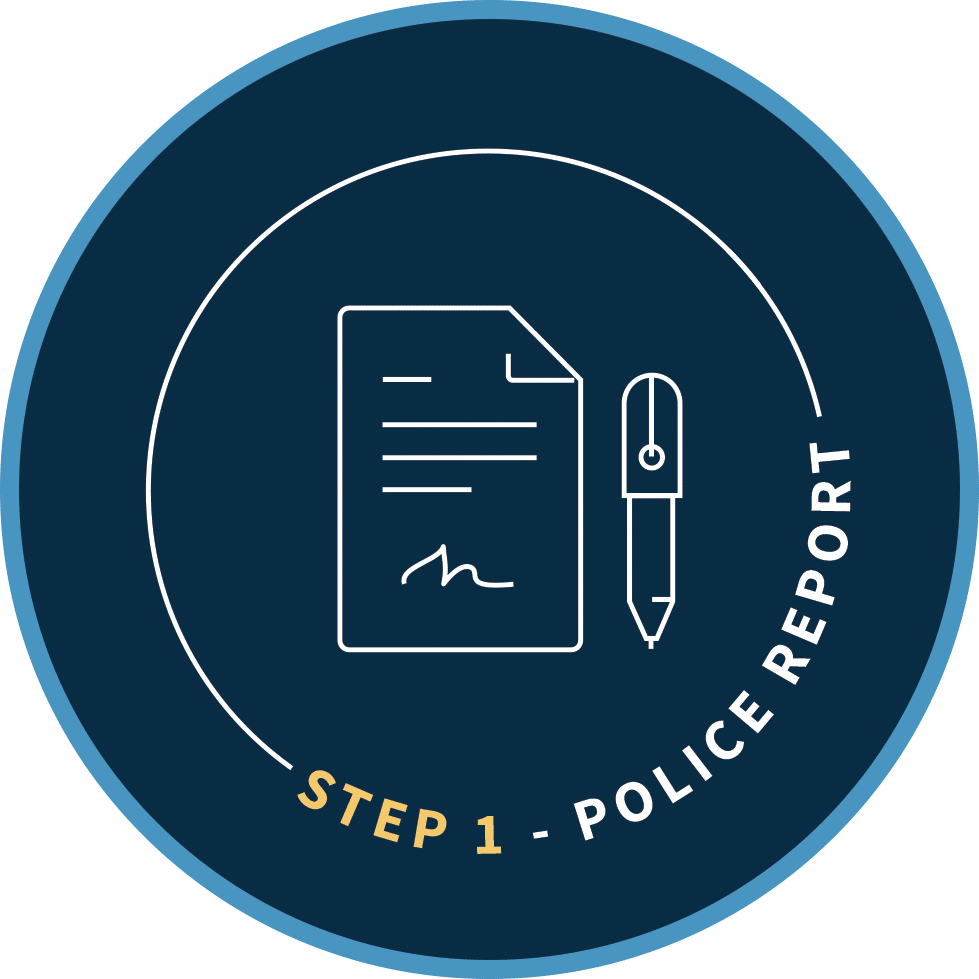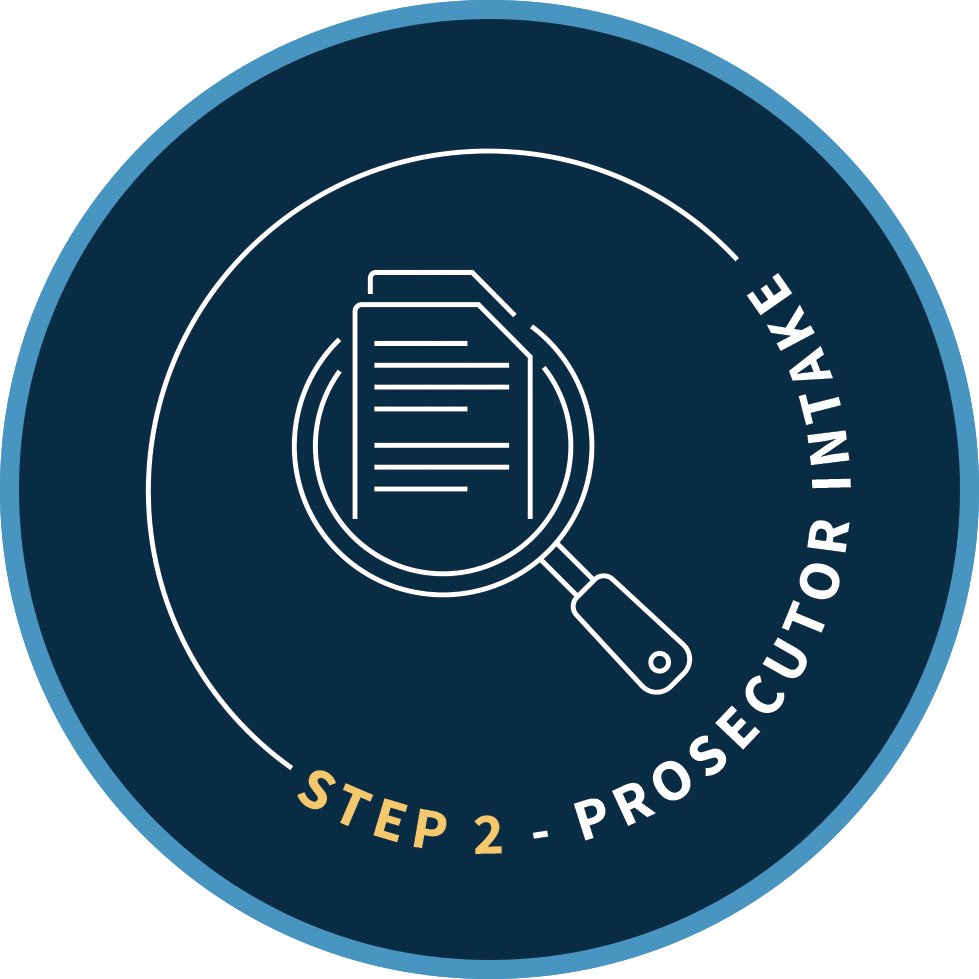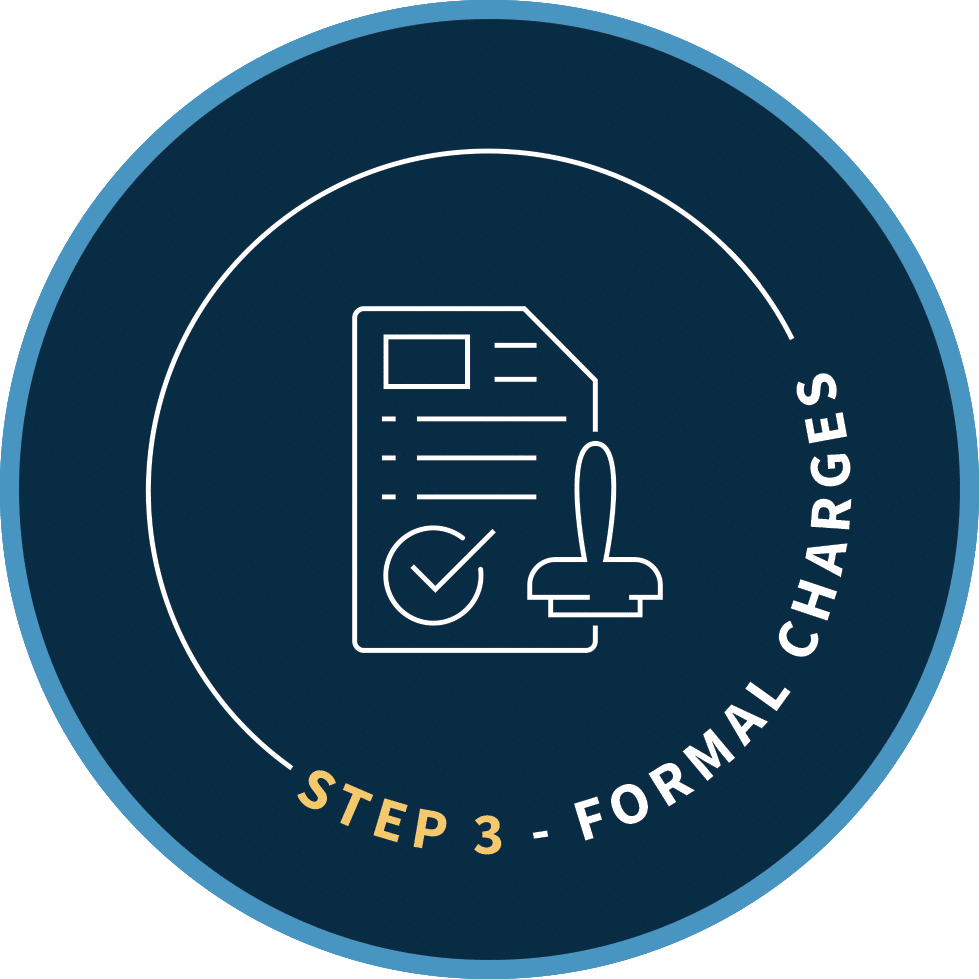Whether this is your first time dealing with the stress of a criminal charge or you’ve had some unpleasant experiences with the Pennsylvania legal system in the past, I’m happy to help clarify how the criminal process works and fight for your best possible outcome.
ON THIS PAGE:
What are my rights?
If you’re facing criminal charges in Pittsburgh or anywhere else in the U.S. – you have rights. If any of these have been violated during the investigation or arrest process, call me. Some of the evidence that police use to build a case against you can be suppressed if your constitutional rights were violated to obtain that evidence.
But do you know exactly what your rights are?
You have the right to be free from unreasonable search and seizure.
Under the 4th Amendment of the Constitution, evidence obtained via search and seizure without probable cause cannot be used against you. This means that in order to search a residence or building, a search warrant must be granted by a judge or other judicial officer before law enforcement is allowed to search the premises. One thing to know is that motor vehicles do not fall under this right; if you are pulled over for failure to stop and the officer notices drug paraphernalia laying on the seat next to you, he or she has probable cause to believe that you may have additional paraphernalia or drugs in the vehicle. In that case, the police are able to search your car without a warrant. However, if you hire me, it’s important to tell me the details of your arrest or of the offense so that I can assess if law enforcement violated your rights.
You have the right to avoid self-incrimination.
Under the 5th Amendment of the Constitution, “No person […] shall be compelled in any criminal case to be a witness against himself.” What this means is that you have the right to remain silent if you are taken into police custody or are arrested. (This is what people mean when they say, “I plead the Fifth.”) I would advise you to enact this right any time you interact with law enforcement where you are charged with a crime or being investigated for a crime. Don’t speak to the police without an attorney present. The police are skilled at asking questions that may confuse or heckle you so that you divulge information they want – even if you don’t mean to say something or it’s not even true. You can say, “I do not wish to speak to the police without my lawyer present.” When you are placed under arrest, law enforcement must ‘read you your rights,’ which includes the Miranda warning – “you have the right to remain silent…” Under this amendment, you are also allowed to avoid self-incrimination in a court of law.
You have the right against double jeopardy.
Under the 5th Amendment of the Constitution, you have the right to avoid being tried more than once for the same offense. This is designed to protect you from multiple prosecutions of the same alleged criminal act and to ensure the significance of an acquittal.
You have the right to due process.
The 5th Amendment of the Constitution establishes that no person shall “be deprived of life, liberty, or property, without due process of law.” What this means is that the government cannot unjustly deprive you of your rights without fair, just legal proceedings. Technically the 5th Amendment only applies to federal crime, but the 14th Amendment confers this same right to the states.
You have the right against excessive bail, as well as the right against cruel and unusual punishments.
Under the 8th Amendment of the Constitution, you have the right to be free from excessive bail preventing you from being home with your family until your court dates, which require your presence. But how much bail is excessive? Technically bail is excessive when it is set at a figure higher than the amount reasonably calculated to ensure that it meets the government’s requirement that you will stand trial and be sentenced if found guilty. As you might think from reading that, it leaves this clause fairly open for interpretation. An attorney can challenge that bail is excessive and submit a motion on your behalf for a reduction.
You have the right to a speedy and public trial as well as counsel.
The 6th Amendment of the Constitution states, “In all criminal prosecutions, the accused shall enjoy the right to a speedy and public trial, by an impartial jury of the State and district wherein the crime shall have been committed, which district shall have been previously ascertained by law, and to be informed of the nature and cause of the accusation; to be confronted with the witnesses against him; to have compulsory process for obtaining witnesses in his favor, and to have the Assistance of Counsel for his defense.” In Pennsylvania, if your case goes to trial you have the right to choose whether you want a bench trial (trial by judge) or a trial by jury in criminal cases. But even more importantly, the 6th Amendment imparts the right to counsel. Simply put, you are at a disadvantage if you try to defend yourself against the government, which has dedicated staff like police officers and district attorneys to work diligently on convicting people who have been charged with an offense. I would encourage you to enact this right by hiring an experienced Pittsburgh defense attorney who is adept at handling criminal cases and knows how to negotiate the best possible outcome for you.
How does the prosecution build a case?
The prosecution builds its case against you through evidence the police or other law enforcement provides.
If you have been charged with a crime in a warrantless arrest (like when you’re pulled over and charged with DUI or the police see you assault someone), the police document this information in a police report. (In instances like assault, you may be taken into police custody and held on bail.) The arresting office generally completes the arrest report soon after and it is forwarded to a prosecutor assigned for case intake. Arrest reports summarize the events and typically include things like time, date, location, weather, and witnesses. Arrest records tend to be very one-sided and only tell the prosecutor the witnesses that are favorable to the Commonwealth’s case against you. The prosecutor can use witness testimony, test results for drug or other substance abuse, camera footage, and any other piece of permissible evidence to build a case to prove that, beyond a reasonable doubt, you have committed the offense.
If you have been charged with an offense where you are either being summoned or issued an arrest warrant, the police have already been building a complaint against you after investigating a crime. This is filed with the magistrate and it summarizes the charges and identifies you as the defendant. Similar to warrantless arrests, the prosecutor will still receive information about the case from law enforcement prior to the preliminary arraignment and preliminary hearing. The prosecution also files formal charges (“information”) after the preliminary hearing.
How do bail and bond work?
If someone you know has been taken into police custody and held in jail, the bail authority will set bail shortly after he or she has been officially charged. You should know how the process works in case you need to begin researching and exploring your options to get your friend, family member, or other loved one out of jail.
U.S. citizens have a right against excessive bail per the 8th Amendment, but what exactly “excessive” means is frequently up for discussion. Bail is set when police officers are ready to release a person from custody before his or her court date. By agreeing to pay it, the person agrees that the defendant who has been charged will appear in court on a specific date and time for the preliminary arraignment. If the criminal charges are severe, it’s possible that Pennsylvania bail authority will require the person to be in jail until after a judge has heard the case at the preliminary arraignment or preliminary hearing.
There are a few different types of release on bail per Rule 524 of the Pennsylvania Code.
Release on recognizance (ROR)
If you’re ROR, the person just has to sign a written statement that he or she will appear in court on the specified date and refrain from criminal activity. No bail amount is set or required.
Release on non-monetary condition.
In some instances, a defendant may be seen as a flight risk, or someone who is likely to skip town. Release on non-monetary condition means that in addition to a specific, agreed upon amount of money, the defendant may be required to refrain from certain social interactions or travel.
Release based on unsecured bail bond.
This means that payment is not required up front for release on bail. The defendant has to sign a written statement agreeing to pay a certain, agreed upon amount if he or she does not show up for a specified court date.
Release on nominal bail.
This means that a certain amount of money must be left as a deposit to secure a defendant’s release. You (as a friend or family member), bail bondsman, or organization can guarantee the defendant’s appearance in court on the assigned court date.
Release on monetary condition.
This means that a person has to pay an agreed upon amount of money for bail and that the amount of money is reasonable. If you are unable to pay for someone’s bail, there are a few different options. You can use a credit card, a bail bondsman, or a bail agency. (A bond is different than bail in that bond is a guarantee that the defendant will show up in court on the specified court date.)
What happens at my first court date?
Your first court date is called the preliminary arraignment. This is normally scheduled within 72 hours of arrest. At the first appearance, you will be read your rights and you will hear the charges against you. (If someone you know is in jail and bail has not yet been set, arraignments are typically done via audio or video conference. Bail may be set at the preliminary arraignment.) An arraignment can be waived if you (or the defendant held in jail) is represented by an attorney. Criminal cases have many court dates and this may be a way to avoid having to take more time off of work or make special arrangements to be in court.
If you have an attorney representing you, the prosecutor will provide the attorney with discovery. Discovery includes police reports, probation reports, photography, depictions of evidence, and medical test results and records.
Can my friends or family be called to testify against me?
Yes, it is possible that friends and family may be called to testify against you if they are subpoenaed. A subpoena means that the Commonwealth will penalize the person for not complying; if the person does not comply with the subpoena, he or she is subject to contempt of court charges that could result in fines or prison time. A defense attorney can help determine whether the person can object to the subpoena or not.
There are a few instances where someone might be excused from testifying:
-
The person being called to testify is married to you. In most circumstances, a spouse cannot be forced to testify against you in court.
-
The witness is your attorney, therapist, or priest. These professions have particular privileges for confidentiality.
-
The person who is asked to testify is not competent to testify. This could include young children, elderly people, and those with mental and/or physical illnesses.
However, there are exceptions to all of these and it really depends on the circumstances of the legal situation and case at hand.


